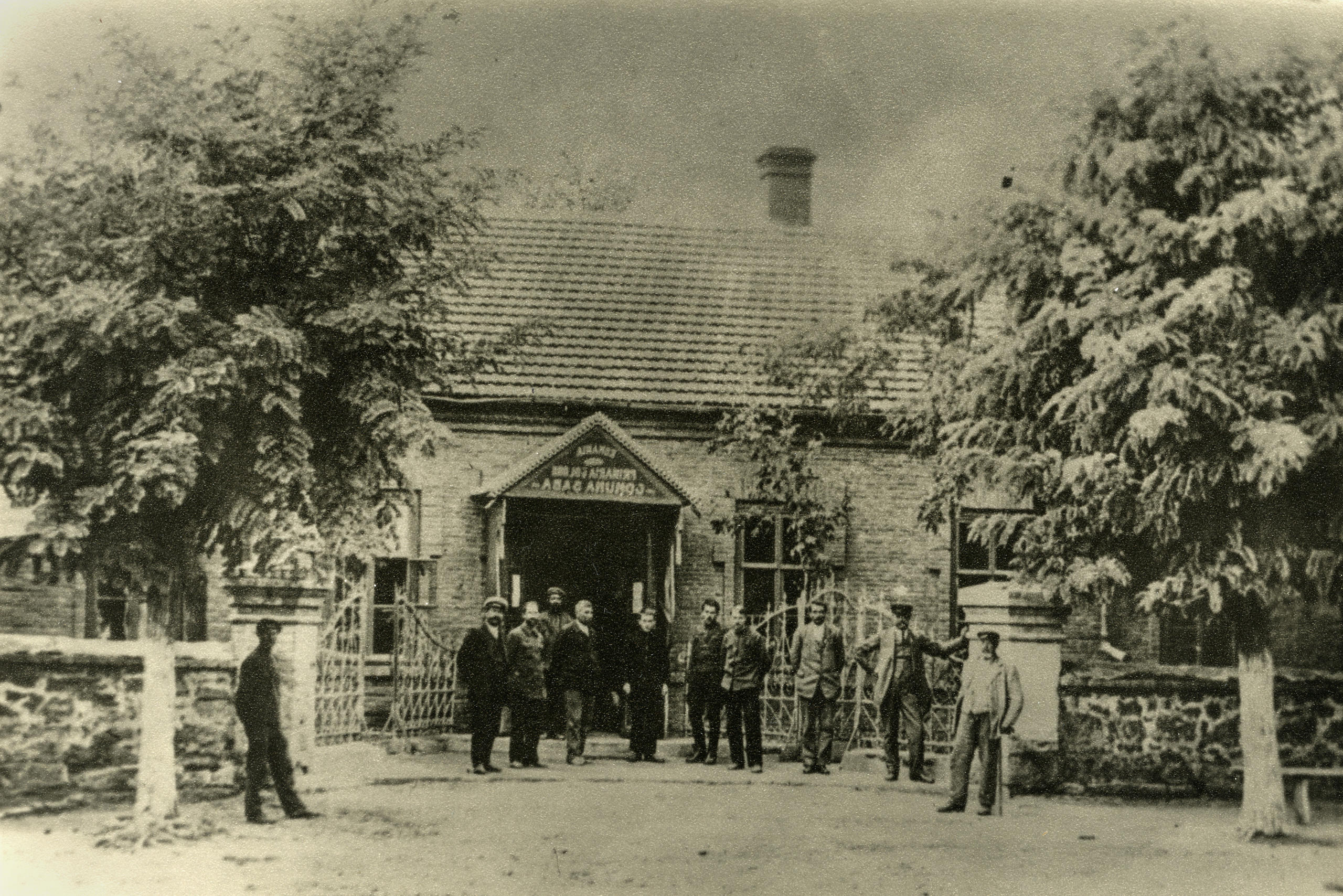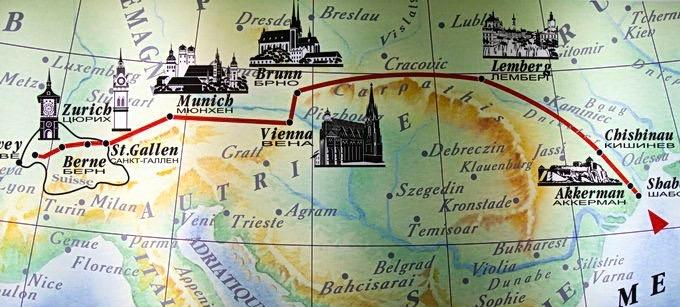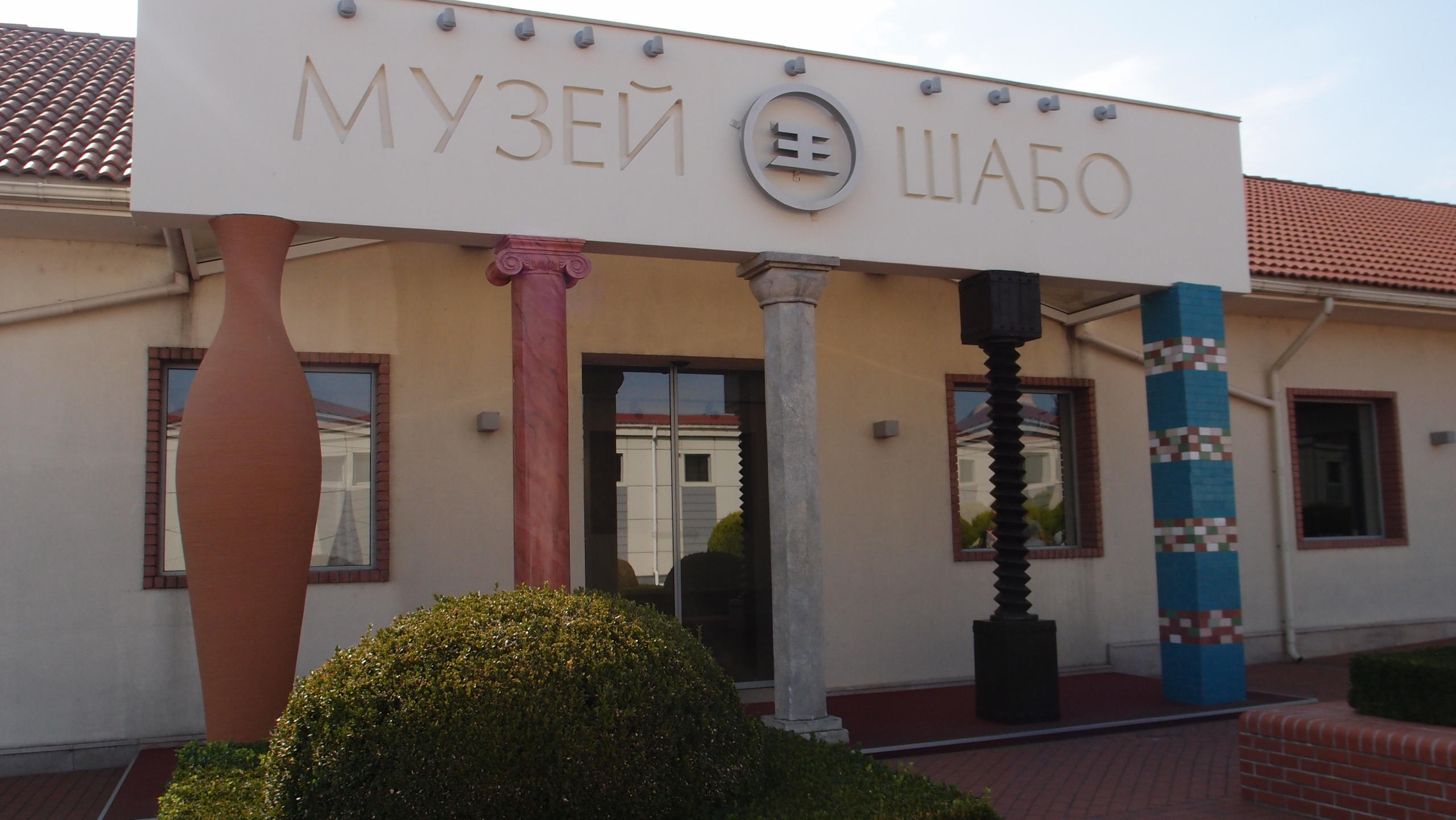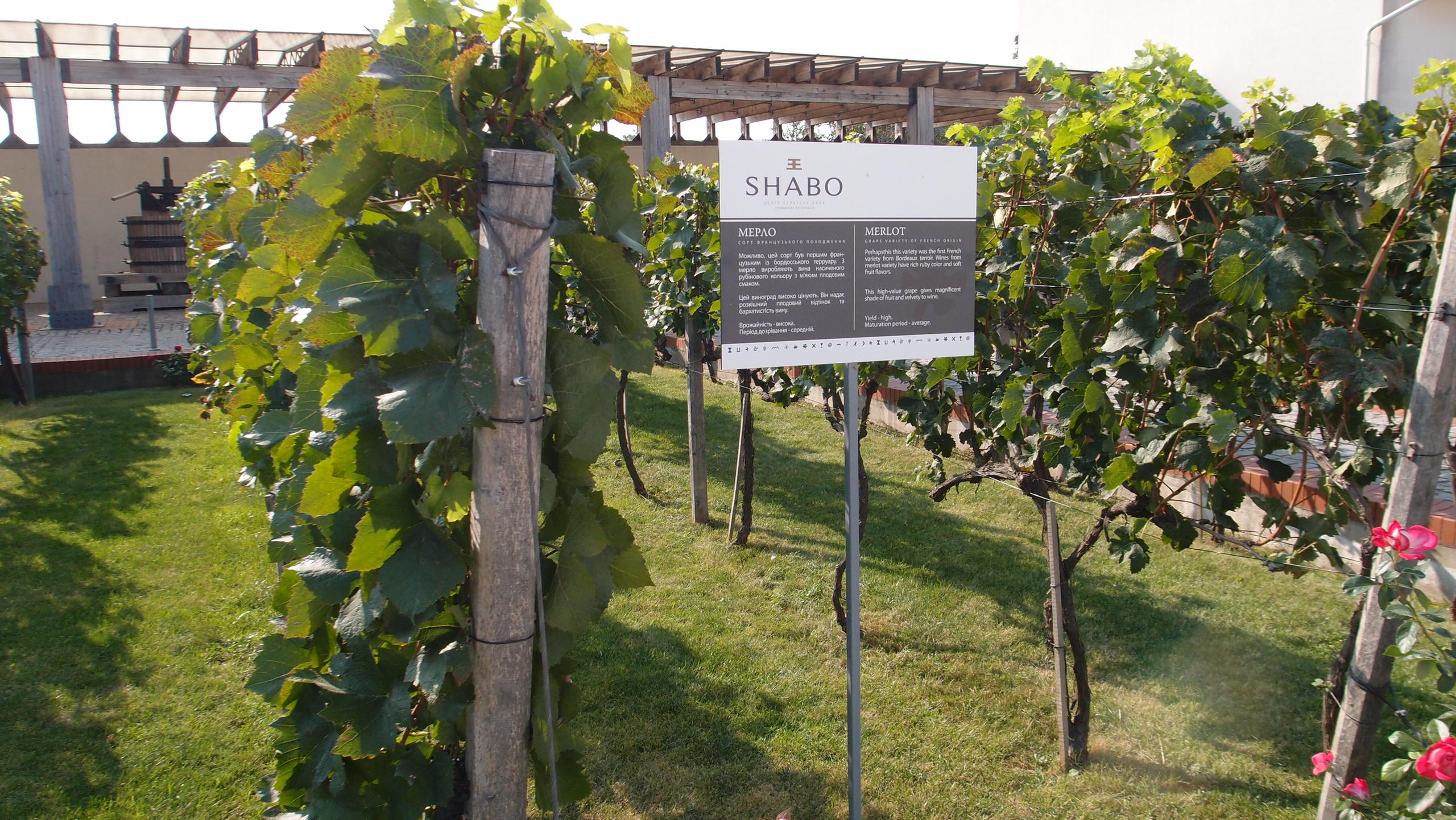
War in Ukraine reaches former Swiss colony of Shabo

In normal times the corks would be popping: exactly 200 years ago settlers from Switzerland founded the colony of Shabo in Ukraine. They were driven out during the Second World War, but Swiss wine culture lives on.
These are not normal times, however. Russia’s invasion seems unstoppable. In southern Ukraine Russia is linking up the Donbass region with Crimea along the coast via Mariupol. Russian forces are also targeting Odessa with the aim of cutting off Ukraine’s access to the sea. This would deliver a severe blow to the Ukrainian economy.
In this fiercely contested region, around 70 kilometres southwest of Odessa, lies the former Swiss colony of Shabo, founded in 1822 by Swiss emigrants.
At the time impoverished Swiss were seeking to escape economic misery at home. They responded to the call of Russian Tsar Alexander, who promised them economic and social privileges on the Black Sea.
So they moved to the former Tsarist empire to start a new life farming in Bessarabia – a region which, throughout history, has repeatedly been embroiled in territorial conflicts between great powers.
Swiss vineyards on the Black Sea
It was mainly French-speaking winegrowers from canton Vaud who settled in Shabo. They set out from Vevey on July 19, 1822. Travelling in horse-drawn carts, they made the 2,137km journey via Bern, Zurich, St Gallen, Munich, Vienna, Lemberg (now Lviv, Ukraine), Kishinev (now Chisinau, Moldavia) and Akkermann (now Bilhorod-Dnistrovskyi, Ukraine), some 60km southwest of Odessa.

The group of 30 people were on the road for three months. They eventually settled by a lagoon in the Dniester estuary on the Black Sea. On arrival the seven horses that had pulled the wagons died of exhaustion.
It was not an easy start: the harvest failed, and the colony was ravaged by the plague. But, after a few tough years, Shabo soon developed into the most thriving wine-growing colony on the Black Sea.
Although the privileges granted to the Swiss ended in the 1870s – after that, Swiss men also had to do military service – by 1940 Shabo was home some 900 inhabitants. Around 400 of them were of Vaudois origin and 250 of Swiss-German descent, while the rest were Germans from Russia. The village was prosperous and is said to have had four bowling alleys, a local museum and a well-stocked library.
More
Barely visible Swiss legacies
Over the decades, a Shabo dialect developed in the Swiss colony, which was a mixture of Swiss German and Swabian, interspersed with French, Russian, Romanian, Ukrainian and Yiddish words.

Elena Simonato, who has researched and publishedExternal link on Swiss colonies in the Russian Empire at the University of Lausanne, says it was important to follow the right way of life. “The lightest offence was punished. For example culprits had to dig a certain number of ditches to protect livestock from wolves.”
Only a few traces of the Swiss colonists can still be found, for example roads with names such as “Helvetia Street” and “de la Harpe Street” and a memorial stone commemorating the Swiss cemetery. Many buildings, like the Reformed Church and the schoolhouse, were taken over for other uses, and in some cases destroyed, during the Red Army invasion in 1940.
That invasion put an abrupt end to Shabo’s golden age. Most of the Swiss fled – some back to their old homeland, others overseas. Those who chose to stay were dispossessed; some were even deported to the Ural region. Only a few witnesses of that time remain in Switzerland.

However, the imported Swiss wine culture on the Black Sea lives on. In 2003 a Georgian businessman took over the agricultural production cooperative of the former Soviet Union and invested in a modern winery. In 2009 Ukraine’s first wine culture centre opened in Shabo. When Russia invaded last month, the former Swiss colony was exporting wine to more than 18 countries around the world.
Two hundred years have passed since Shabo was founded. To mark the anniversary, there had been plans to renovate the settlers’ church, destroyed by the Soviets, according to Swiss journalist Olivier Grivat, who produced a documentary on the Swiss colony in 2014. There is little chance this will go ahead now.
(Translated from German by Julia Bassam)
Swiss Solidarity has launched a fundraising campaign to help cope with an expected humanitarian crisis in Ukraine. Donations can be paid via postal account 10-15000-6, adding the words “Crisis in Ukraine”.
In a first phase, the money will be used to help refugees in countries neighbouring Ukraine, notably in Poland. Swiss Solidarity works with charities and aid organisations, including Caritas, HEKS/EPER, the Swiss Red Cross, Helvetas, Medair, Médecins Sans Frontières and the Terre des hommes foundation. If possible and if necessary, aid projects will also be supported in Ukraine. The money goes exclusively towards humanitarian aid.
Swiss SolidarityExternal link is an independent foundation. It was born from a programme by the French-language public radio and is now the humanitarian arm of the Swiss Broadcasting Corporation, the parent company of SWI swissinfo.ch.

In compliance with the JTI standards
More: SWI swissinfo.ch certified by the Journalism Trust Initiative





























You can find an overview of ongoing debates with our journalists here . Please join us!
If you want to start a conversation about a topic raised in this article or want to report factual errors, email us at english@swissinfo.ch.